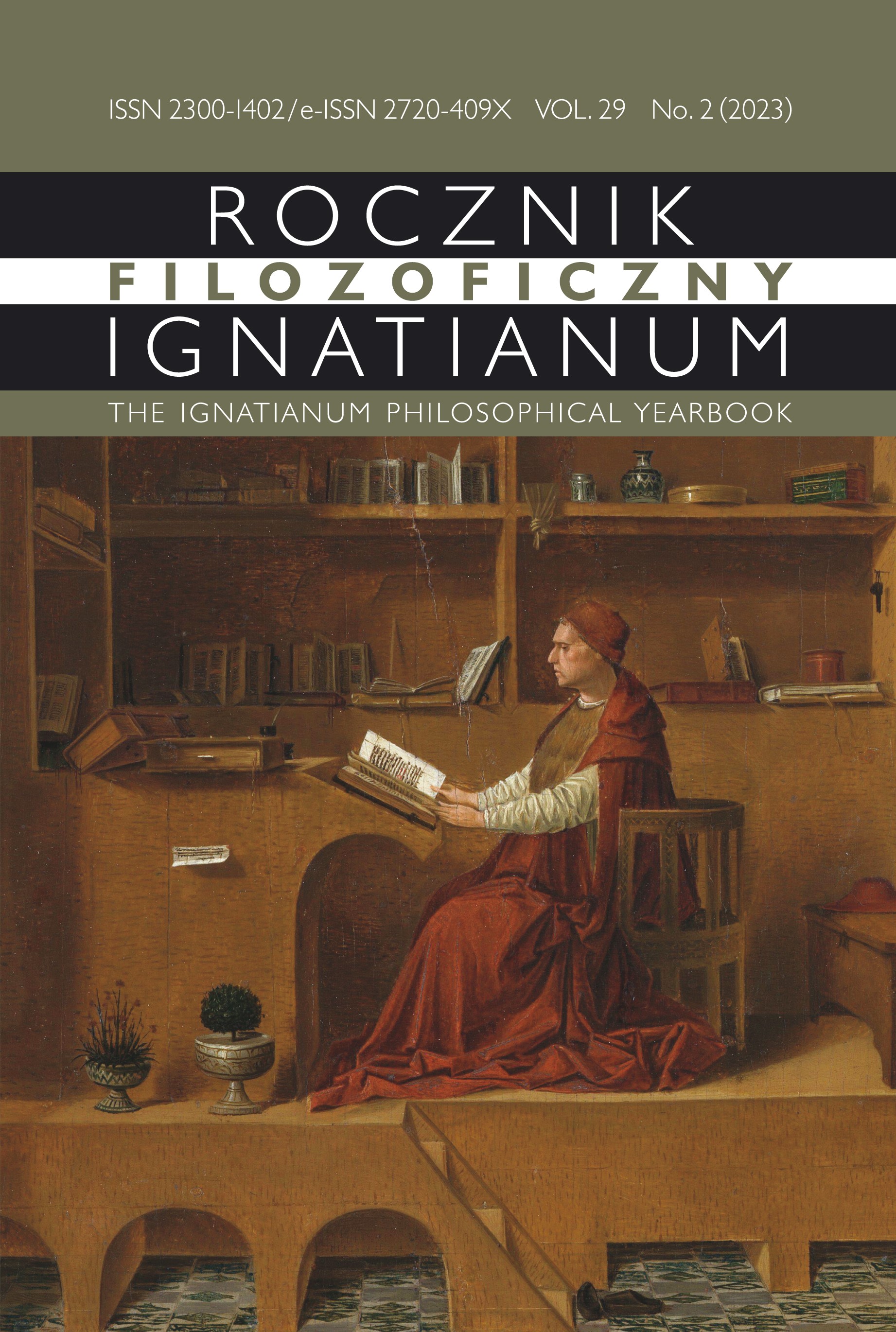Benefits Granted to Slaves or Domestic Servants by their Masters on Lusignan Cyprus: Evidence from the Notarial Deeds, 1362–1458
Abstract
This paper examines the evidence gleaned from Venetian and Genoese notarial deeds prepared on Cyprus during the period 1362-1458 to examine and discuss the relations between domestic slaves or servants, usually but not invariably female, and their masters, predominantly male. Some of these deeds were wills, containing bequests to servile women who had probably been in long term sexual relationships with their owners and to the illegitimate children who had been born from such relationships. Some of the apprenticeship contracts drawn up in Famagusta, the chief port of the island, also concern illegitimate children born to female slaves or maidservants, who were apprenticed at the owner’s expense for a number of years to a master craftsman so as to learn a trade and make a living on their completion of the apprenticeship. Some owners bequeathed houses to women other than their wives, either as a gift or else stipulating their right to reside in them. Sometimes moveable property such as furniture, bedding, silver or valuable objects were bequeathed, or even sums of money. Clearly at least some masters wished to provide for their mistresses and illegitimate children, thereby ensuring their welfare after their own deaths. By way of comparison, in Genoa masters who had sired illegitimate children with their female slaves frequently avoided paying for their upbringing, differing in this respect. Yet even on Cyprus concern on the part of masters for slaves or servants was not standard practice. Evidence from the fifteenth century Cypriot chronicle of Leontios Makhairas shows that slaves were sometimes treated cruelly, even to the point of driving them to suicide.
Copyright (c) 2023 Jesuit University Ignatianum in Krakow

This work is licensed under a Creative Commons Attribution-NoDerivatives 4.0 International License.
The Yearbook only accepts materials for publication that are free of all conflicts of interest, and that in no way involve conflicts over authorship, copyright, etc. The Editors will take action against any cases of plagiarizing, ghostwriting1, guest/honorary authorship2, etc. Where co-authored work is concerned, the Author listed first is expected to take responsibility for the submission, and is required to make clear the contributions of all of the Co-Authors involved. In the event of the publication owing its existence to funding dedicated to this purpose, this fact should be made clear: e.g. in any note of thanks/acknowledgement, or in a footnote, etc. Explicit notification should be given of any form of reprinting, with the appropriate evidence of permission to publish being furnished as required. Any impropriety on the part of Authors/Reviewers risks exposing them to appropriate responses from the relevant institutions.
______
1 This term refers to instances of a person who has made an essential contribution being omitted from the list of authors, or from notes conveying gratitude and/or acknowledgement.
2 This occurs when a person who has made either an insignificant contribution or no contribution at all nevertheless appears on the list of authors.





